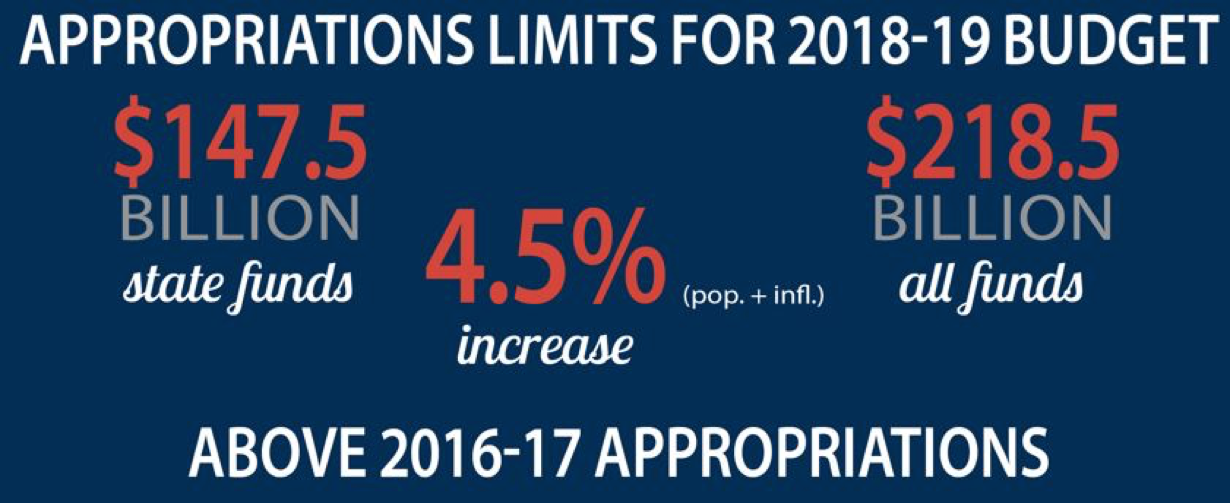With sine die on May 29th quickly approaching, the 85th Texas Legislature has much work to do to reduce the size and scope of government. Let us consider the status of the Conservative Texas Budget Coalition’s key legislative priorities in the waning days of session.
0 Comments
Leave a Reply. |
Vance Ginn, Ph.D.
|



 RSS Feed
RSS Feed